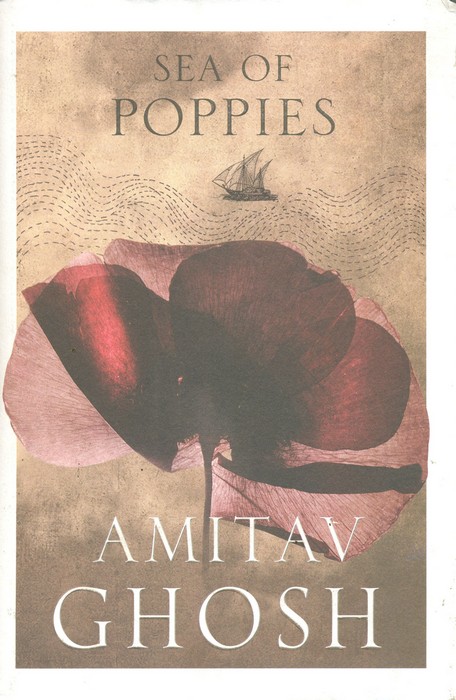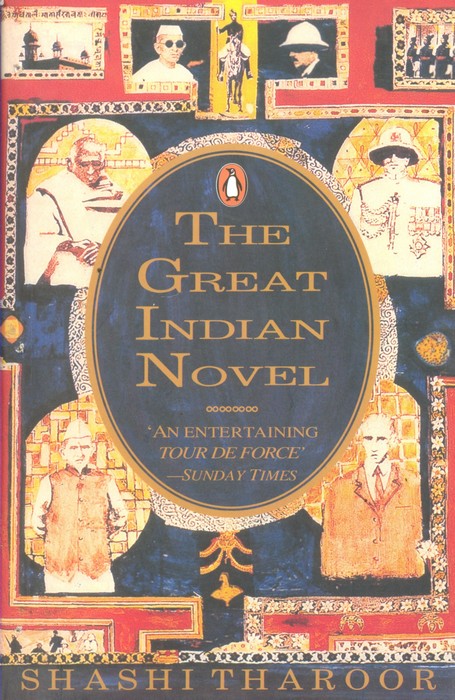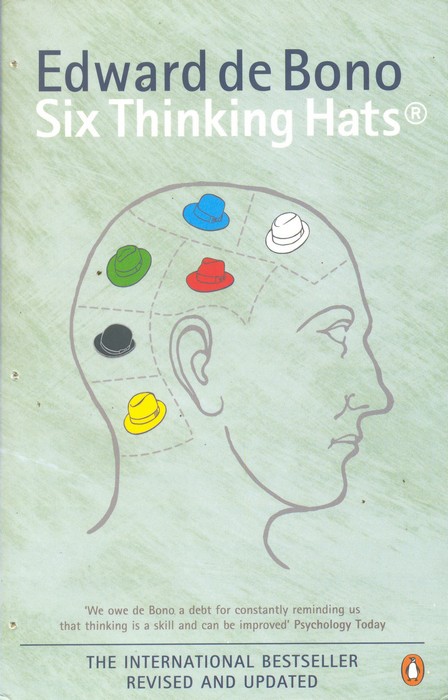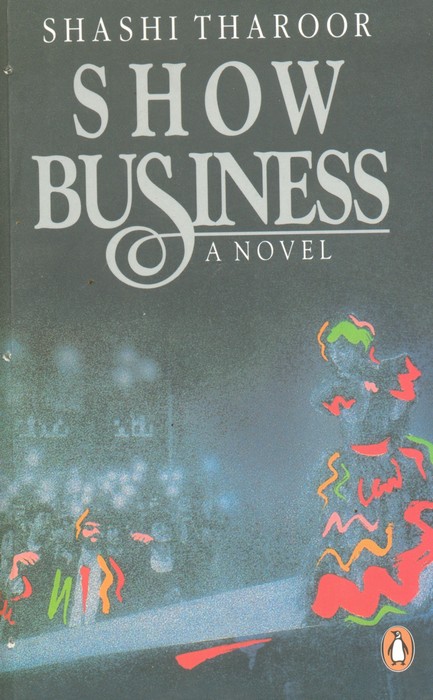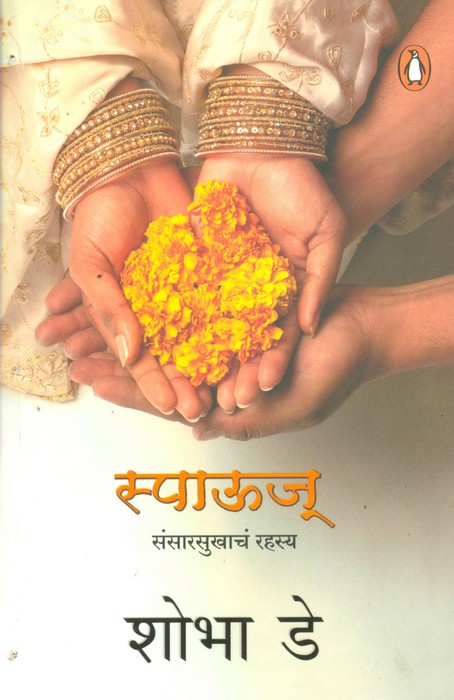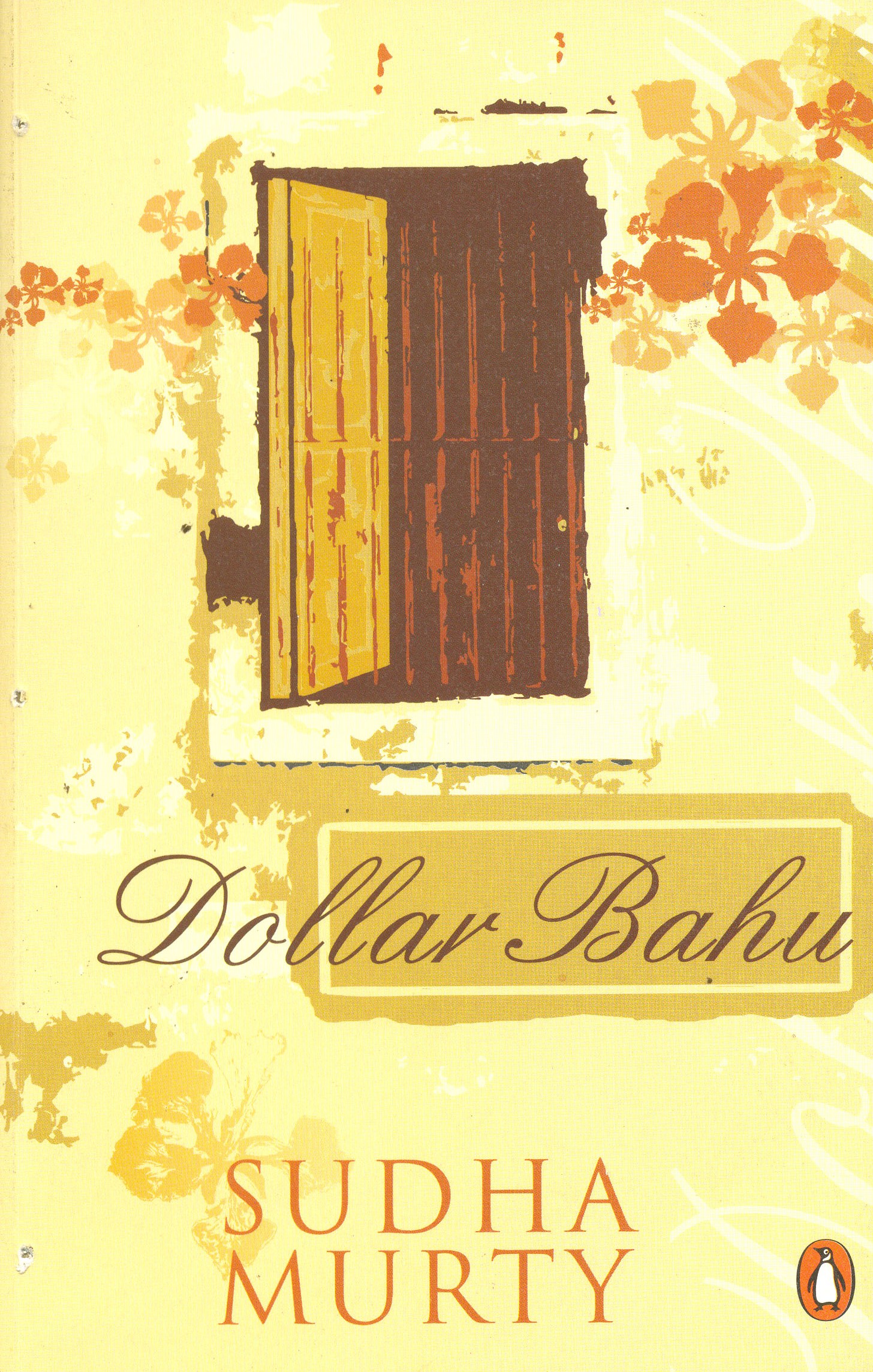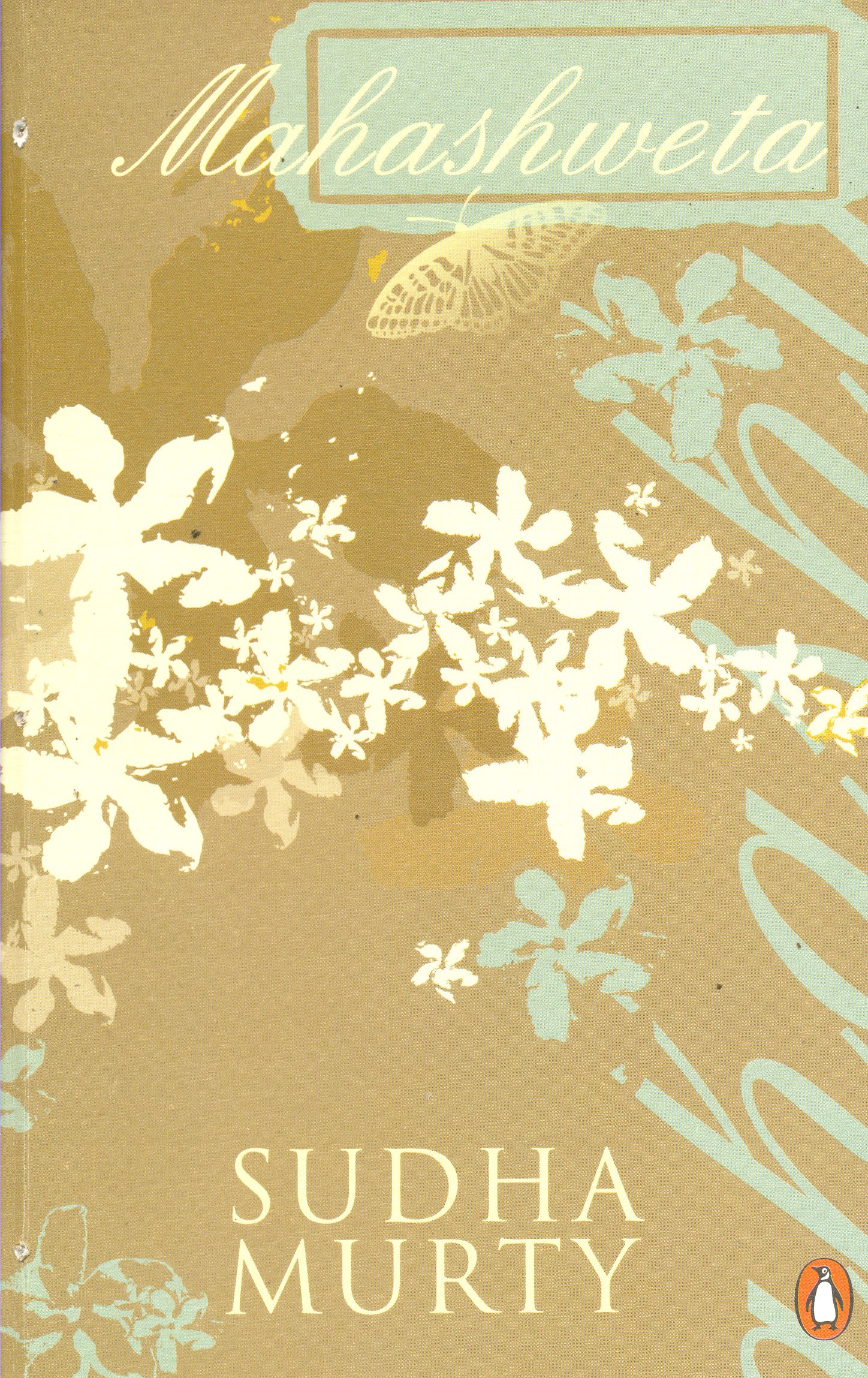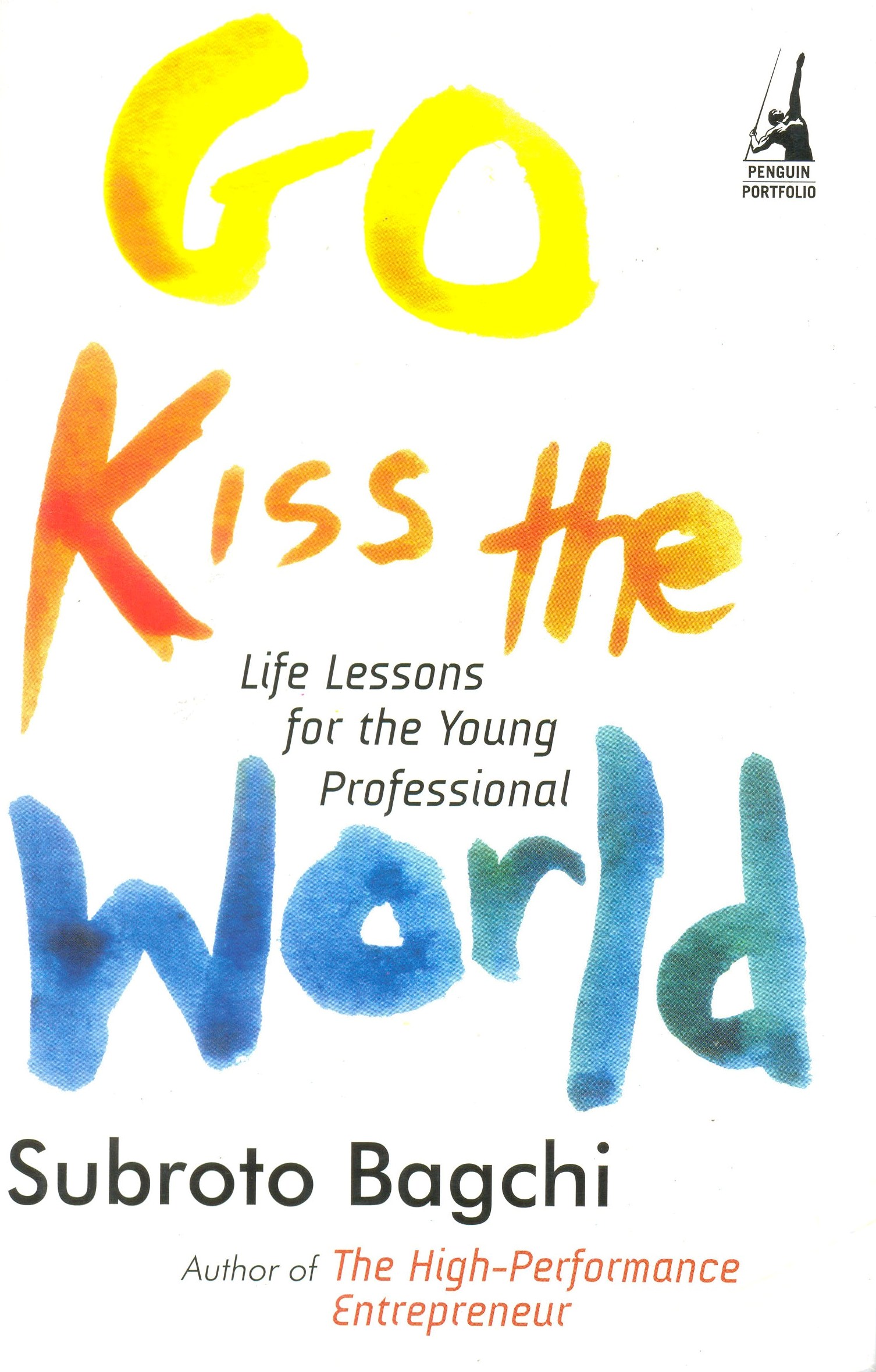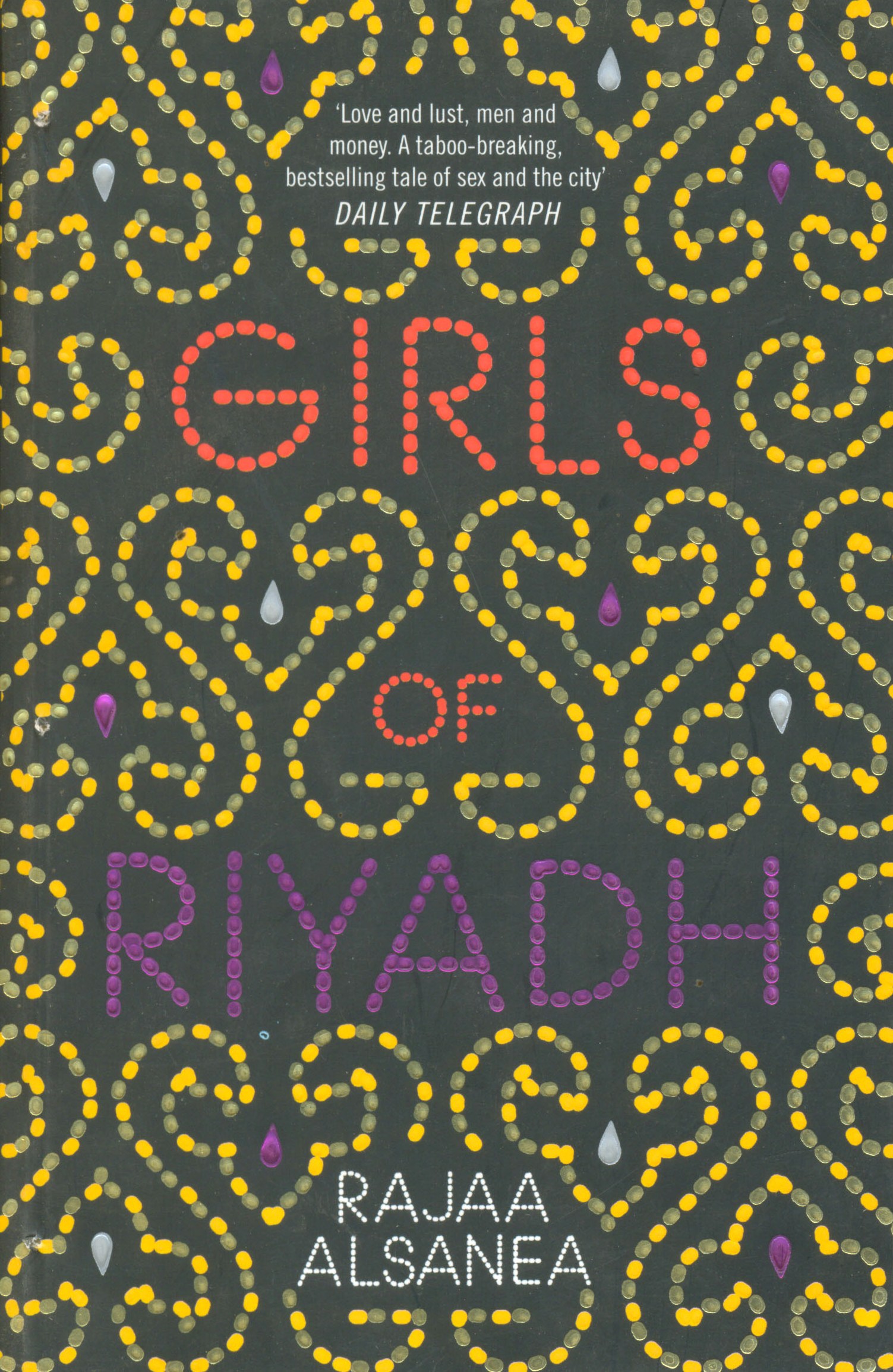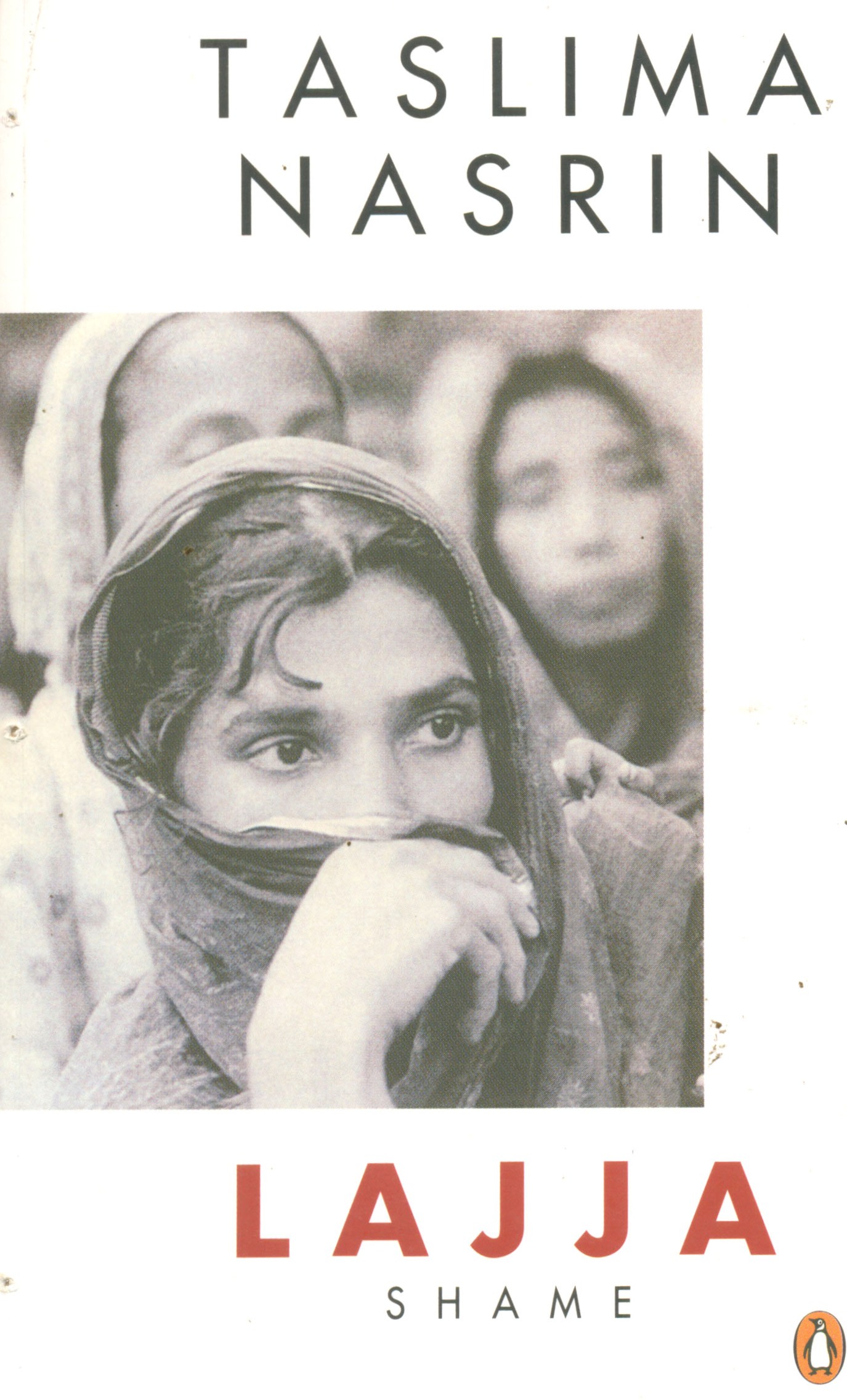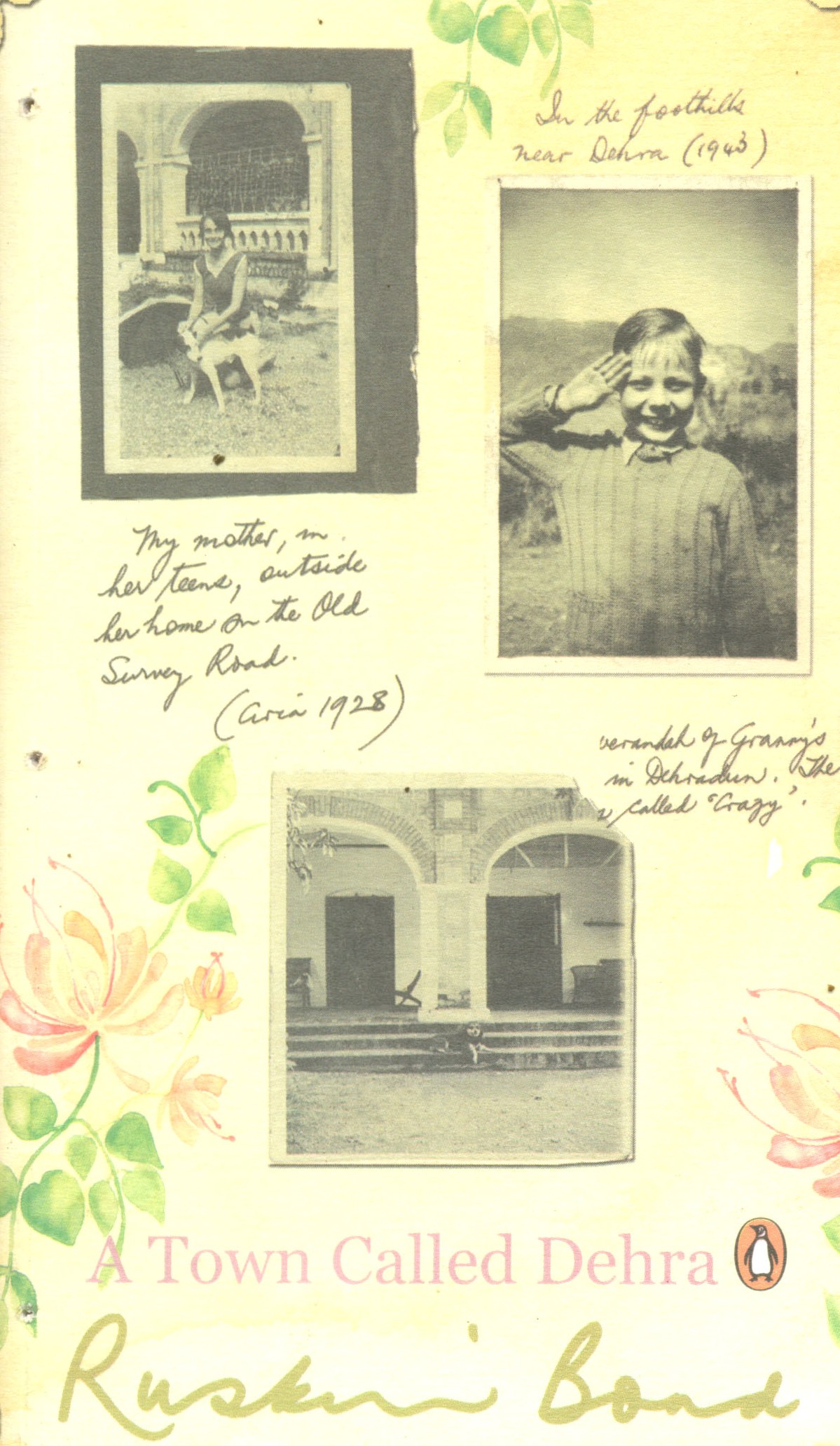-
-
Six Thinking Hats
There is nothing more sad and wasteful than a roomful of intelligent and highly paid people waiting for a chance to attack something the speaker has said. With the Six Hats methods the fullest use is made of everyone's intelligence, experience and information. The Six Hats also removes all "ego" from the discussion process.The need for the Six Hats is based on an understanding of how the brain chemicals change with the mode of thinking. Using this method one major corporation reduced the time taken for multinational project discussions from 30 days to just two days. Argument is inefficient, ineffective and slow. Argument was never designed to be constructive. The parallel thinking of the Six Hats method is rapidly replacing argument around the world. From senior executives at major corporations like Siemens, NTT, Prudential (US) to four-year-olds in school. From Khmer villagers in Cambodia to senior government departments. For 2,400 years we have been content with argument which was never designed to be constructive. Discovering "what is" may not be the same as designing "what can be".
-
Show Business
Critically ill, Bollywood superstar Ashok Banjars lies suspended between life and death in the intensive care unit of a plush Bombay hospital, watching the final re-run of his life... Visitors come and go, talking,praying,pleading with him to rise from his coma but there is no reaction from Banjara.A prisoner of the technicolour film that plays inside his head. As if for the first time, he watches himself rise to the heights of Bombay's commercial cinema from unremarkable beginnings, and encounters again all the people he met an dused along the way... As a backdrop to these characters is anendless caroused of the major hits he's acted in-gaudy, exuberant, beguiling- a never- ending fantasy took over his life completely and transformed it into an astonishing, compelling lie. Show Business is many books rolled into one- it is a story about the telling of stories, t is a wonderfully funny tale about the romance and folly of cinema, it is a novel on an epic scale of ambition, greed, love, deception and death. And, perhaps most important it is a fable for our time which teaches us that we live in a world where illusion is the only reality and nothing is what it seems.
-
Dollar Bahu
Vinuta marries Girish, a bank clerk, and starts living with his family in Bangalore. She adjusts to her new family well, looking after her husband, father-in-law and mother-in-law Gouramma, not taking to heart her mother-in-law’s constant picking. But when Girish’s elder brother Chandru, who is in the US, decides to get married, Vinuta has to listen to the constant comparisons made between her and Chandru’s wife, the ‘Dollar Bahu’, whose husband earns the valuable dollars that has brought the family its recent affluence. Vinuta slowly loses her peace of mind and health. Then Gouramma decides to visit her US-based son and daughter-in-law. Once there, she sees how liberating life can be, away from the strict norms that govern Indian middle-class life. But she also begins to understand that mere dollars cannot buy the love and respect that she gets as her due back in India. Does Gouramma forge a new relationship with Vinuta and can Vinuta forgive and forget the past?
-
Mahashweta
Anupama looked into the mirror and shivered with shock. A small white patch had now appeared on her arm.'Anupama's fairytale marriage to Anand falls apart when she discovers a white patch on her foot and learns that she has leukoderma. Abandoned by her uncaring in-laws and insensitive husband, she is forced to return to her father's home in the village. The social stigma of a married woman living with her parents, her stepmother's continual barbs and the ostracism that accompanies her skin condition force her to contemplate suicide. Determined to rebuild her life against all odds, Anupama goes to Bombay where she finds success, respect and the promise of an enduring friendship. Mahashweta is an inspiring story of courage and resilience in a world marred by illusions and betrayals. This poignant tale offers hope and solace to the victims of the prejudices that govern society even today.
-
Go Kiss The World
Subroto Bagchi is best known for co-founfing MindTree and as its Chief Operating Officer for the first eight years of the company. In 2008, Subroto stepped out of this role to become its Gardener. His work involves tending the top 100 MindTree Minds and serving the organization’s thirty communities of practice. His first book, The High-Performance Entrepreneur (Penguin Portfolio, 2006), received critical acclaim and broke new ground in management literature in India.Subroto is married to writer Susmita Bagchi and they have two daughters, Neha and Niti.
-
Girls Of Riyadh
An inside peek into a hidden world: four young women navigate the narrow straits between love, desire and Islamic tradition. Every week after Friday prayers, an email circulates among a group of female subscribers to an online chat group. Over the course of a year, the realities of four university students from Riyadh’s elite classes, Gamrah, Michelle, Sadim and Lamis, are revealed. Living in a society with strict cultural traditions while Sex and the City, dating and sneaking around behind their parents backs consume their lives, these four young girls face numerous social, romantic, professional and sexual tribulations. Never-ending cultural conflicts underscore the difficulties of being an educated modern female growing up in the 21st century in a culture firmly rooted to an ancient way of life. Girls of Riyadh presents a rare and unforgettable insight into the complicated lives of these young Saudi women, whose amazing stories are unfolding in a culture so very different from our own.
-
Lajja
The Duttas - Sudhamoy, Kironmoyee, and their two children, Suranjan and Maya - have lived in Bangladesh all their lives. Despite being part of the country's small Hindu community, that is terrorized at every opportunity by Muslim fundamentalists, they refuse to leave their country, as most of their friends and relatives have done. Sudhamoy, an atheist, believes with a naive mix of optimism and idealism that his motherland will not let him down... And then, on 6 December 1992, the Babri Masjid at Ayodhya in India is demolished by a mob of Hindu fundamentalists. The world condemns the incident but its fallout is felt most acutely in Bangladesh, where Muslim mobs begin to seek out and attack the Hindus... The nightmare inevitably arrives at the Duttas' doorstep - and their world begins to fall apart.
-
A Town Called Dehra
In this delightful collection, Ruskin Bond introduces us to the Dehradun he knows intimately and loves unreservedly—the town that he had spent many years of his childhood and youth in. A town which, when he knew it, was one of pony-drawn tongas and rickshaws; a town fond of gossip but tolerant of human foibles; a town of lush lichi trees, charming winter gardens and cool streams; a small town, a sleepy town, a town called ‘Dehra’. With classic stories and poems like ‘Masterji’, ‘Growing up with Trees’and ‘A Song for Lost Friends’ and previously unpublished treasures like ‘Silver Screen’, ‘Dilaram Bazaar’ and ‘Lily of the Valley’, this anthology is replete with journal entries, extracts from the author’s memoirs and, of course, poetry, non-fiction and stories set in or inspired by Dehra. Evocative, wistful and witty as only Ruskin Bond can be, A Town Called Dehra is a celebration of a dearly-loved town as well as an elegy for a way of life gone extinct.

